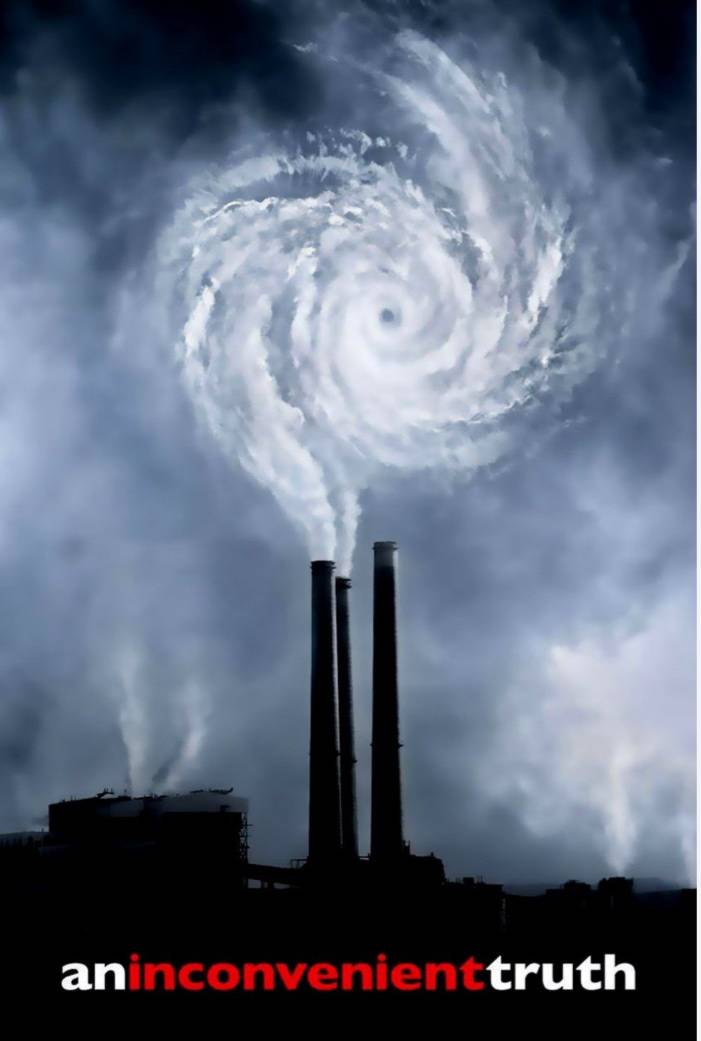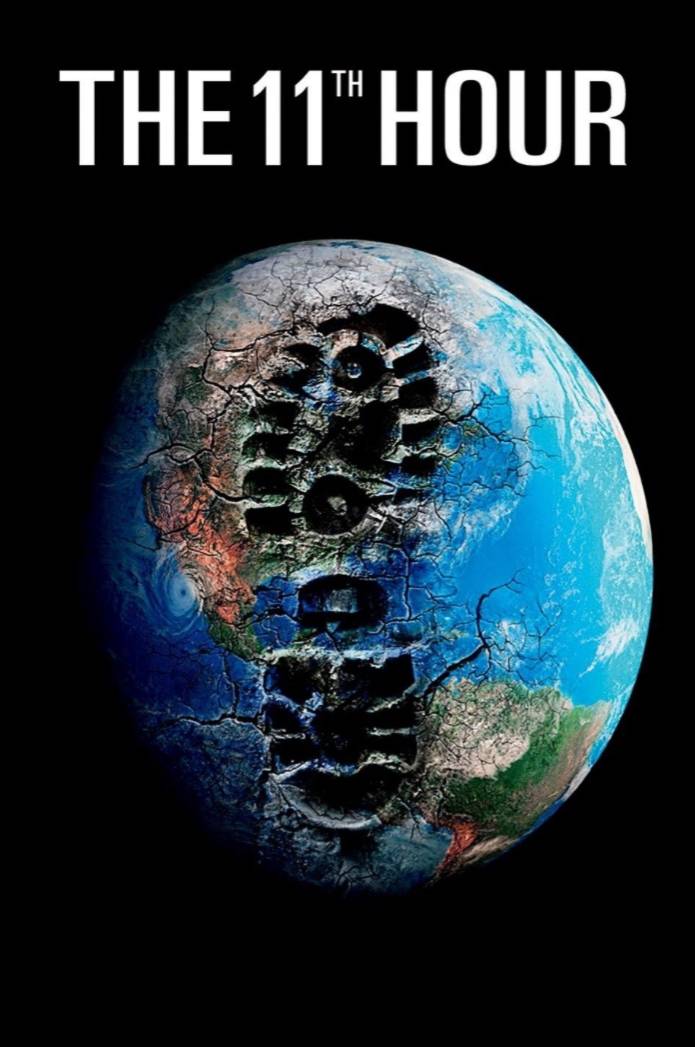Why Earth Day is a wake-up call

Earth Day comes every April 22, but it’s not just another excuse to “go green” for the ‘gram. It’s a global reminder to snap out of our eco-apathy and actually do something.
For a moment, the world collectively acknowledges that we’re living on borrowed time. It’s a time for planting trees, reducing plastic, and posting vegan meals with captions about sustainability. But beyond the hashtags and well-meaning initiatives, Earth Day is a great time to reflect on how we got here (and more importantly, how we get out of this mess, like, literally).
And what better way to do that than revisiting two of the most talked-about environmental documentaries of the 2000s: “An Inconvenient Truth” (2006) and “The 11th Hour” (2007)?
Climate change awareness has come a long way, but the urgency remains. “An Inconvenient Truth” shocked audiences by presenting undeniable scientific data on global warming. Today, its message resonates with an even greater sense of immediacy.

The title reminds me of what my dad taught in his Ethics class: “There are no such things as ethical dilemmas—only unwanted solutions.” And isn’t that the heart of the climate crisis? We know the answers; we just don’t like them.
The introspective shots and flashbacks to Al Gore’s life feel indulgent, but you let it slide; his tenacity is admirable, his frustration palpable. I like how he punctuates the serious mood with his droll humor.
Daunting task
His personality shines in his deadpan delivery: “I’m Al Gore. I used to be the next President of the United States of America.” (Cue audience laughter, then: “I don’t find that particularly funny.”) In a way, “An Inconvenient Truth” was like “The Pursuit of Happyness”; Gore lugging around his laptop and preaching to a tough-sell audience all over the globe was a daunting task indeed, much like Will Smith’s character selling heavy bone density scanners to doctors who didn’t see the need for it yet.
But we do need it. And had Gore won in 2000, who knows? Maybe we’d be dealing with fewer oil crises and more actual progress. It’s admirable how Gore kept chugging along, even if he never got the title. (Sound familiar, Leni supporters?)
What makes “An Inconvenient Truth” work is that Gore doesn’t just preach; he rallies. His political instincts help him package the science in a way that holds attention, something too many environmentalists fail to do. If climate change is a battle, Gore makes you want to fight. This is one battle where we should all be on the same side.
“An Inconvenient Truth” sparks urgency. But after the wake-up call, what’s next? “The 11th Hour” takes over, foregoing persuasion for a relentless flood of facts (sometimes to a fault).
Produced and narrated by Leonardo DiCaprio, “The 11th Hour” doesn’t ease the audience into the crisis; it drowns them with overwhelming statistics. This shift in tone makes for an interesting contrast; which method inspires change more effectively?
Where Gore eases you in, “The 11th Hour” grabs you by the collar and shakes you awake. Gore also interjects his personality and humor into his crusade, while DiCaprio’s is more straightforward, inundating the audience with mind-numbing facts and portents of doom.
Comprehensive
“The 11th Hour” is more comprehensive, drawing from various sources, but lacks breathing room to digest each info load periodically dumped on screen. It decides to intersperse these pockets of space for reflection far too late, already in the middle of the reel.
DiCaprio is a powerhouse actor who can pull the crowd to face an otherwise unpopular topic. Instead, he curiously keeps his distance as a mere narrator, not the protagonist. His delivery feels stiff as if he’s reading from a teleprompter instead of truly engaging with the audience.
Meanwhile, Gore positions himself as the scrappy underdog, swimming upstream in Rocky-like fashion. He injects humor and personal stakes, making his uphill battle feel like we’re all fighting alongside him.

To its credit, “The 11th Hour” offers more solutions on an individual level than Gore’s film. While “An Inconvenient Truth” leaves you wondering what to do next, DiCaprio’s documentary lays out concrete steps on what the audience can do. Despite its delivery, it ends optimistically; we still have a chance to turn things around.
Awareness is just the first step. Gore teaches us the power of persistence and proves that storytelling can move the needle. DiCaprio reminds us that solutions exist, hammering in that action is nonnegotiable.
These documentaries are almost 20 years old, and we’re still discussing the same issues. Whether it’s pushing for systemic change or making sustainable choices in our daily lives, we don’t have the option of losing this fight. Because when it comes to saving the planet, there’s no such thing as an ethical dilemma—just solutions we can’t afford to ignore.
So this Earth Day, maybe don’t just “like” a post about sustainability; do something. Cut down your waste. Push for policy change. Use your vote. Go vegan. Because the biggest inconvenient truth is thinking someone else will clean up our mess.

















